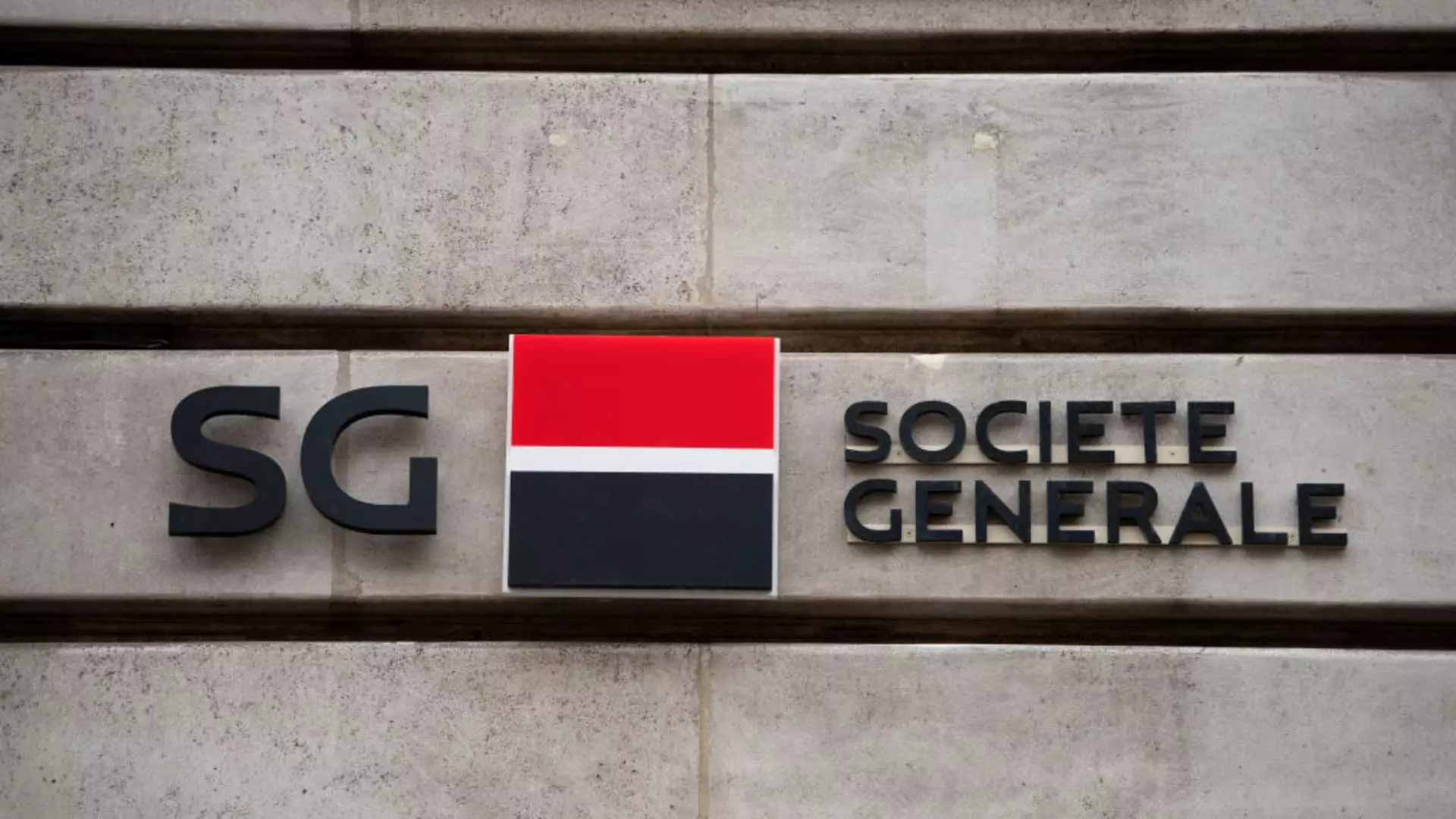Being let go from a job is never an easy experience, but being fired and then branded as a “scapegoat” takes it to a whole new level. Kavish Kataria, a former trader at Societe Generale, is speaking out against the French bank, claiming that he was unfairly terminated for risky trades that were not solely his fault. Despite reporting his profits and losses to his superiors on a daily basis and sending out emails about his transactions, Kataria found himself without a job due to a lapse in the bank’s risk system. Instead of acknowledging their own shortcomings, Societe Generale chose to make Kataria the fall guy.
Societe Generale, in response to Kataria’s allegations, has remained tight-lipped about the situation. While they confirmed the dismissal of Kataria and his team head, Kevin Ng, they failed to address the underlying issues brought forth by Kataria. The bank’s statement about a “one-off trading incident” that required “mending measures” does little to address the larger problem of oversight and risk management. By refusing to hold themselves accountable, Societe Generale is perpetuating a culture of blame-shifting rather than taking responsibility for their own failings.
The trades conducted by Kataria, although not resulting in financial losses for Societe Generale, could have potentially led to significant losses if the market had taken a downturn. Engaging in unauthorized options trading on Indian indexes, Kataria was walking a fine line between risk-taking and recklessness. The fact that these trades went unnoticed due to being mainly intraday transactions raises concerns about the effectiveness of the bank’s monitoring systems. Kataria’s claims that the trades were auto-booked and communicated to the entire team via daily emails further shed light on the lack of oversight by the bank.
Kataria’s plea for better regulation in the trading industry is a valid one, especially in light of his own experiences. Being dismissed from his job with minimal compensation and his bonus withheld, Kataria highlights the lack of protection and support for traders who find themselves in similar situations. The disparity between the risk taken by individual traders and the accountability placed on them versus the banks they work for is a glaring issue that needs to be addressed. Without proper regulations and safeguards in place, traders will continue to be vulnerable to being used as scapegoats by their employers.
Lessons from the Past
Societe Generale’s history with rogue traders, such as Jerome Kerviel, serves as a reminder of the dangers of unchecked risk-taking within financial institutions. The 4.9 billion euros in losses incurred by Kerviel in 2008 should have been a wake-up call for the bank to reevaluate its risk management practices. However, the recent incident involving Kataria shows that lessons from the past have not been fully learned. As Societe Generale grapples with a decline in net income and continued challenges in its various business segments, it is evident that more needs to be done to ensure that history does not repeat itself.
The saga of Kavish Kataria serves as a cautionary tale for traders and banks alike. The banking industry must prioritize accountability, transparency, and proper regulation to prevent similar situations from occurring in the future. Scapegoating individuals for systemic failures only perpetuates a culture of blame and mistrust. It is time for banks to take a hard look at their risk management practices and ensure that traders are treated fairly and justly in the face of adversity.


Leave a Reply